Por Nayak Paudel.
Sex education has so far been almost non-existent in Nepal’s schools, but there is a growing awareness for its need
Going to school in Nepal, there is a certain section of a certain subject that many teachers and even students shy away from. At the secondary level, under health and population studies, is a chapter about sexual and reproductive health. There have been instances of teachers completely skipping this chapter or asking the students to study it themselves at home. Even when teachers do teach the section, it is limited to biology and spoken about scientifically. Sex education as such doesn’t seem to exist in Nepal.
Sex education isn’t just related to biology and reproduction, contrary to what Nepal’s secondary school curriculum proscribes. It includes all issues related to human sexuality, including human anatomy, sexual activities, reproductive and sexual health, safe sex, sexual orientations, birth control, family planning and reproductive rights.
In Nepal, secondary level textbooks include chapters on reproductive organs, ways to prevent STDs, the use of contraceptives and menstruation. At higher levels, only biology has chapters on reproductive organs, thus, only a science faculty student will have access to it. But, as outlined above, the tendency is to avoid talking about sex, the implication being that Nepali society still feels ashamed taking about such issues and, in many places, it’s still taboo.
Partial sex education, at least concerning biology, reproduction and health, was incorporated into the curriculum with the understanding that sex education is one of the most essential things that students needs to learn to take right decisions. But sex education has also been said to play an important role in minimising increasing cases of sexual violence against women and children.’
Nepal Police data shows that, in the last fiscal year, among victims of rape, 64 percent were girls below 18 years of age. The Nepal Police has thus come up with a campaign to provide sex education through their newly-launched Community-Police Partnership campaign.
“Sexual violence can be minimised to a great extent if students are made aware about it through sex education,” said Senior Superintendent of Police (SSP) Uttam Raj Subedi, Central Police Spokesperson. “Thus, in our campaign, sex education is a major concern.”
The Nepal government too is attempting to promote sex education in schools and communities through its Comprehensive Sexual Education (CSE) programme. CSE covers all aspects of sex education—human sexuality, human sexual anatomy, sexual activity, sexual reproduction, reproductive health, reproductive rights, safe sex, birth control, sexual abstinence along with emotional relations and responsibilities. The government has thus assured that CSE will be included in its upcoming curriculum, beginning from grade one itself, according to Lekha Nath Poudel, Director General of the Curriculum Development Centre at the Ministry of Education, Science and Technology.
“However, not all classes will include curriculum related to sexual education, because we cannot revise the entire curriculum at once,” said Poudel. “Courses including CSE will be added to the curricula of standards one, two and three and then in the higher classes in the first phase.” Poudel, however, mentioned that sex education will be provided to students from all faculties.
CSE, if delivered beginning from the primary school level itself, can help students understand basic but important issues such as ‘good touch’ and ‘bad touch’. Sex education can also help students identify and protect themselves from abuse. To that end, the government will be partnering with various other organisations to impart CSE.
“To bring a change in our education system at once is difficult and will require a change in policy. Till then, we will be cooperating with international organisations to promote and provide sexual education,” said Baikuntha Prasad Aryal, spokesperson for the Ministry of Education.
The Ministry of Education, in cooperation with the United Nations Educational, Scientific and Cultural Organisation (UNESCO), United Nations Population Fund (UNFPA) and UN Women, has already been conducting programmes to promote CSE in five districts—Bajura, Accham, Sunsari, Rautahat and Sarlahi. The programme is already helping to raise awareness about sexual health and sexual rights among students in the five districts, claimed Balaram Timalsina, Education Chief at UNESCO Kathmandu.
“At first, many communities refused to attend the programme believing that it was only about education regarding sex and that everybody already knew about it. But later, when they were told about other aspects of sex education, they were keen to learn,” said Timalsina.Private schools, too, are attempting to incorporate some form of sex education into their curriculum.
“We don’t focus on reproductive health because it is already in our curriculum, but we are providing two extra classes every week to students of class 10 and higher regarding emotional attachment with their future partners, which is also part of sex education,” said Father George PM, principal at St Xavier’s School, Jawalakhel. Over a decade ago, St Xavier’s was one of the few schools in the Kathmandu Valley that provided sex education as a separate subject. Now, it appears they have changed focus. “We will be teaching the importance and morals of marriage along with how to bring up children,” said Father George. ‘
A few private schools might be providing extra classes or supplementary sex education but the umbrella organisation for private schools, Private and Boarding School Organization Nepal (PABSON), has not been able to institute an overall programme for all its constituent schools. The organisation, however, applauded the institutions that are providing extra classes on sexual education and has assured mandatory policies regarding sexual education will be instituted in the near future. It has requested other institutions to promote such classes for their students till something formal is enshrined.
“We have been holding discussions over promoting sexual education regularly since sex is mostly hidden in our communities. Sex education is important so we will soon be making plans to provide such classes in every institution under us,” said DK Dhungana, senior vice-president of PABSON.
However, it is not enough to simply institute sex education classes. Teachers need to be trained on how to impart sex education and how to talk sensitively about issues like sexuality, sexual health, orientation, contraception, consent and reproductive anatomy, say experts. They’ve also argued that the government’s recent ban on pornographic content can affect sexual education and awareness among the public.
“Some pornographic content is important for people to acquire knowledge about sexual life,” said sexologist Dr Subodh Kumar Pokharel. “The government should have been clear on the categories of pornographic content before taking such steps.”
Source of the article: http://kathmandupost.ekantipur.com/news/2018-11-03/the-birds-and-the-bees.html

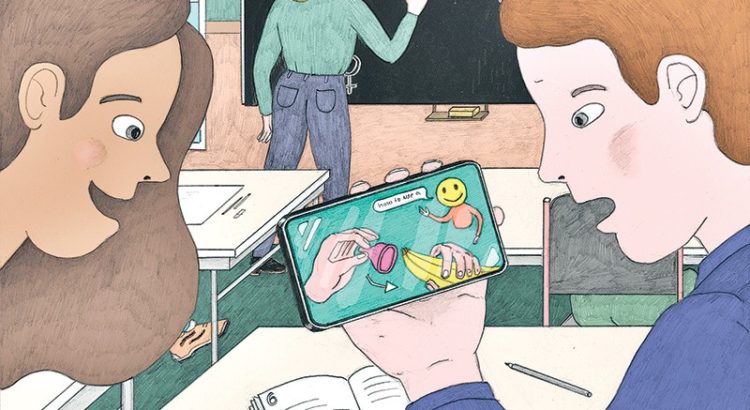
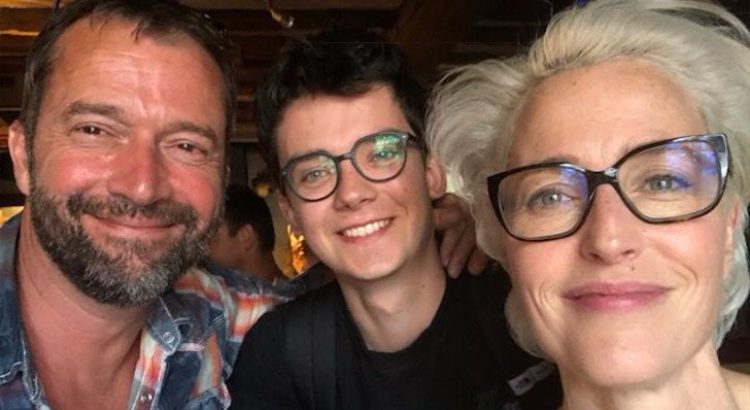
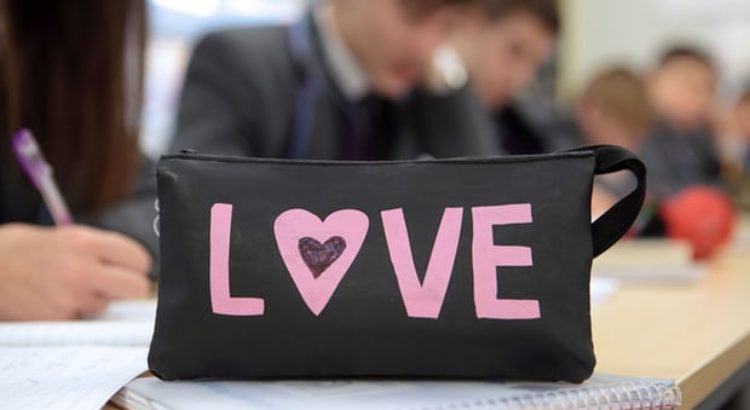

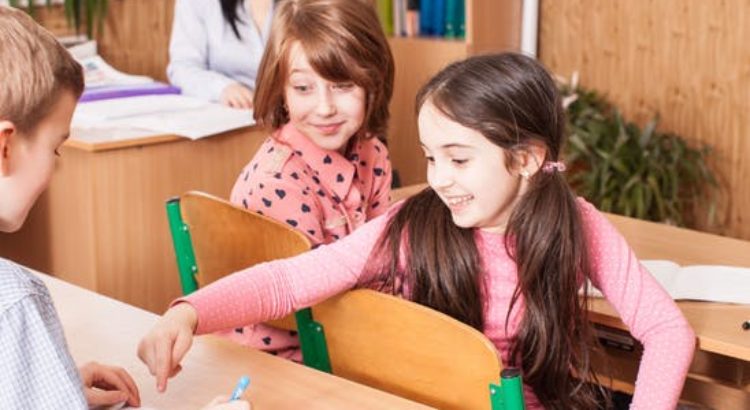
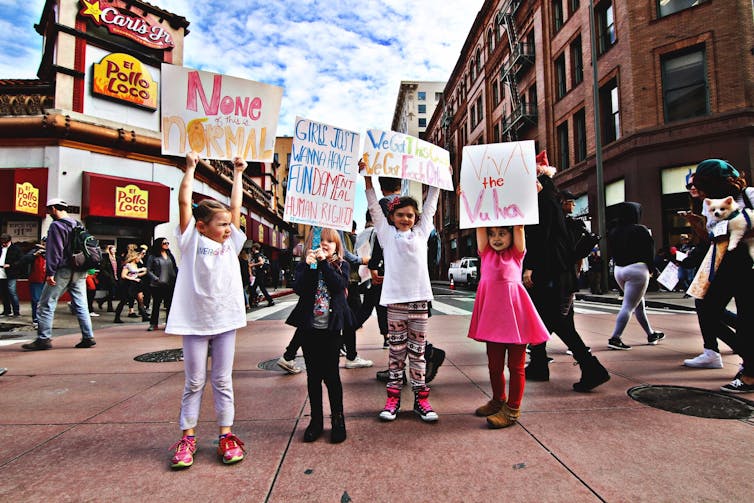









 Users Today : 220
Users Today : 220 Total Users : 35402769
Total Users : 35402769 Views Today : 294
Views Today : 294 Total views : 3331914
Total views : 3331914